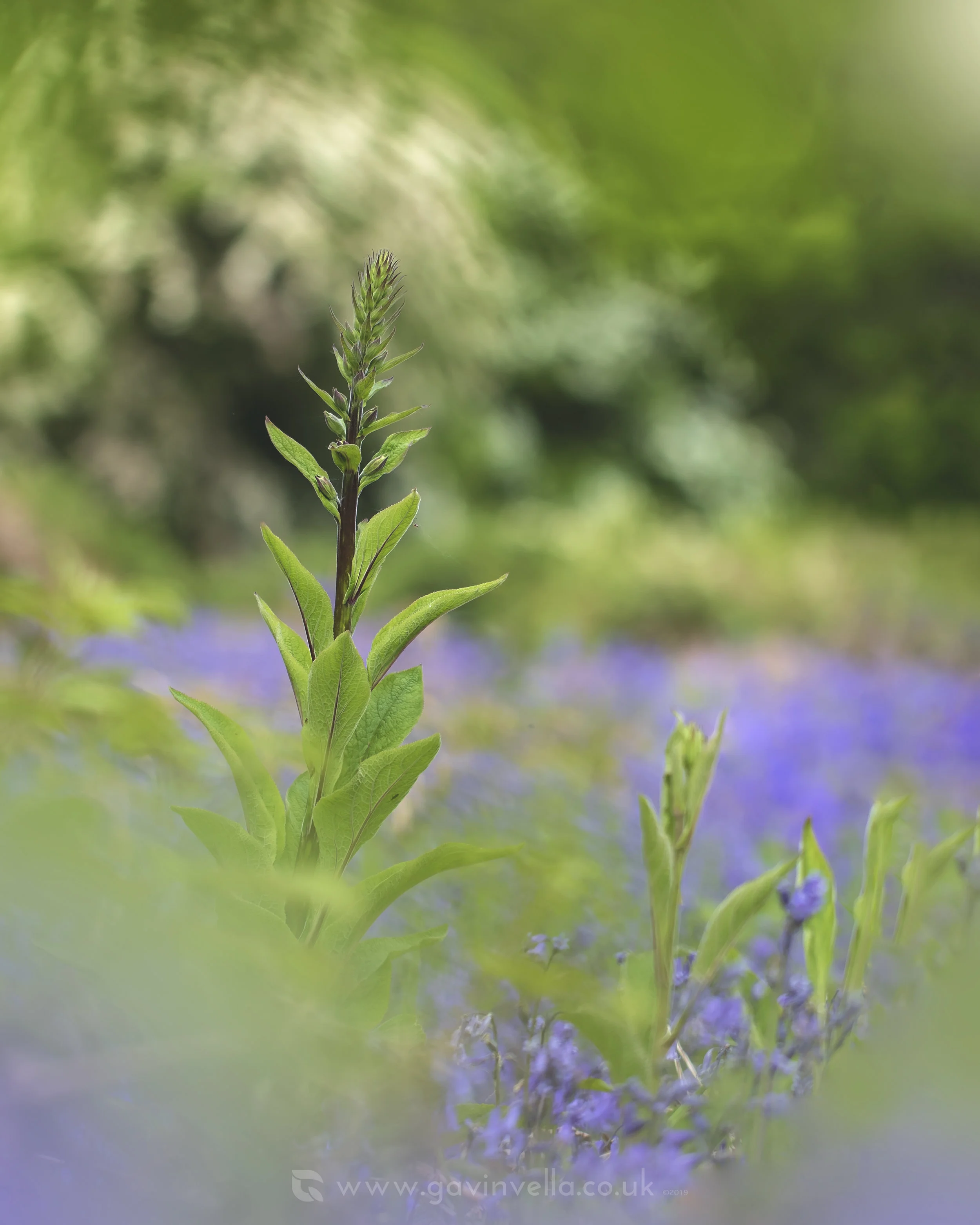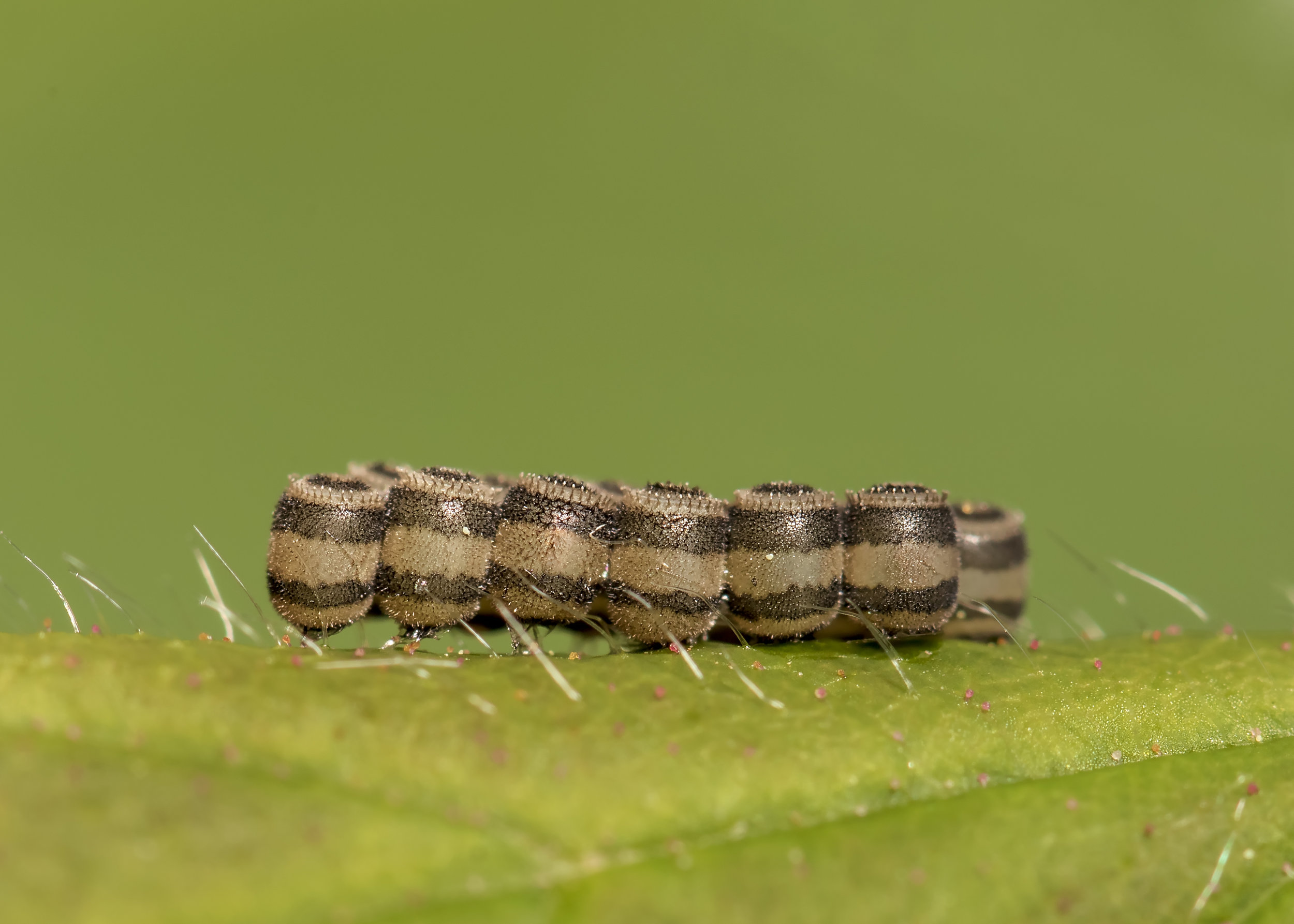It’s been on my ‘todo list’ for a few years now to make the effort and see the beautiful Marsh Fritillary butterflies at one of our last known breeding sites in Aberbargoed. I believe most of the site is a former colliery, a habitat formed from the scars of industry, but this scar has healed, even when it was thought to never heal again. It’s actually proving to be a ‘win’ in conservation terms, as the coal spoil itself has created a variety of micro habitats because of the way the spoil handles water. Some water gets trapped creating marshy habitats, some completely runs off creating dry patches. This water management has resulted in such a variety of plants occupying the same habitat, which is proving to be just what our insects need, as with most insects, they need a variety of plants to complete their life cycle.
This is why our modern farm practises aren’t good for biodiversity. Fields are drained to turn into dry grassland, replace with poo and chemicals which pollute our waterways. Ground nesting birds still move in, lay their eggs, and then the farmer will cut the grass, killing all that once lived there, Reptiles, Amphibians, Mammals, all dead or injured, which then attracts the predators, foxes, birds of prey, crows and gulls, of which are then blamed for feeding on still-birth lambs, and until quite recently, persecuted for it, because NRW allowed for licensed shooting of these animals who are just cleaning up after our mess.
Specialist species like the Marsh Fritillary don’t stand a chance in modern Britain. We’re so caught up in that ‘human race’ thing called life, that we forget we’re ruining it for our future generations. The exploitation needs to stop. We need more protection for nature. There are good farmers out there doing all they can to minimise their impacts on nature but it’s doing to take more than just the good will of the minority. Wildlife Trusts, Butterfly Conservation, RSPB, they are all doing their part to try and balance the equation but it’s not enough. If our government doesn’t act now, species like this will be lost forever.
Sorry rant over, also included in the photos were some very fast Dingy Skipper Butterflies, a Drinker Moth Caterpillar, some microscopic Gorse Shieldbug Eggs and a scenic shot of an emerging Fox Glove in a field of blossom. All these shots were taken with my Canon 100mm macro which is proving to be good investment. It’s nice to roam around with a small lens for a change. Lugging the telephoto and tripod around can be a bit much all the time.








